From Josefina Salomon at Oxy.com:
Six out of every 10 Argentines are considering giving up beef and going vegan, according to a recent study by the country’s Institute for the Promotion of Beef. Martí, now 63 and head of the Argentine Vegetarian Union, remembers that, in 2000, he knew only one other vegan. A poll his organization commissioned found that 9 percent of Argentina’s population is either vegetarian or vegan at the moment.
Finding a vegetarian or vegan restaurant is no longer a challenge, at least in the country’s main cities. Buenos Aires alone has at least 70 exclusively vegan restaurants. The capital’s colorful walls are plastered with messages and banners demanding the protection of animals and the yearly VeganFest is becoming increasingly popular. Many local celebrities are turning their backs on animal products (soccer megastar Lionel Messi has said he switches to a vegan diet during tournament season).
Health concerns and worries about climate change — drivers of veganism globally — are playing out in Argentina too. But there’s an additional factor pushing people away from meat and animal products: the country’s economic crisis and nearly 50 percent annual inflation. The latest report from Argentina’s Chamber of Commerce for Beef and Its Derivatives found that consumption of meat products has decreased to its lowest point in the last 50 years.
It’s interesting to see how veganism enters certain countries. I feel like there are a handful of reasons that dominate most shifts: financial cost, health, or considerations for the environment (animal welfare included), and sometimes religion.
Though most of Argentina is moving to save money, something like this means more people could be trying vegan food for the first time and will hopefully become more interested. Maybe they’ll try to adapt family recipes or try new dishes — both which open a new way of approaching food to them. Hopefully it’s enough to keep them coming back periodically for plant-based foods once they can afford beef again.
